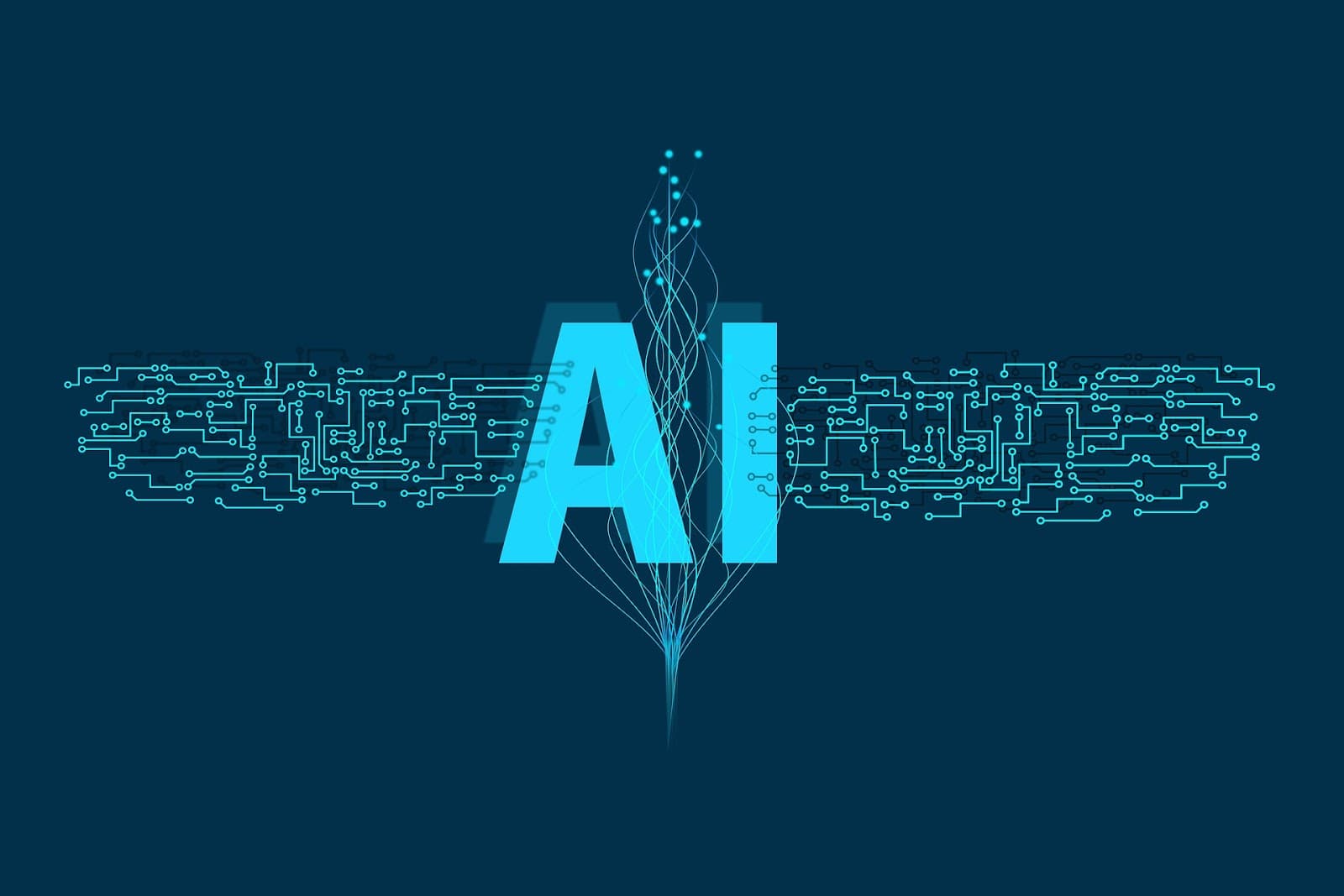
Is Chat GPT a Potential Substitute for Programmers?
Advancements in the realm of artificial intelligence have been significant in recent years, with the advent of language models like Chat GPT leading to speculation about programming’s future. As this technology evolves, it fuels the question: will the technology supplant programmers? Is there a chance that human input might become irrelevant?
This article seeks to address these queries, debunk the perception of total automation, and emphasize the irreplaceable role that programmers play in creating and maintaining software systems.
Does Chat GPT Pose a Risk to Coders?
The advent of Chat GPT and similar AI technologies has sparked conversations about their potential effect on coders. It’s crucial to note, however, that the tool is not a menace to coders – their skills and experiences are far from becoming obsolete.
AI can automate some coding facets and offer assistance, but it can’t entirely substitute the unique skills and values human coders contribute to their work.
Here are a few key reasons why Chat GPT isn’t a direct threat to coders:
- A Valuable Ally: Chat GPT and other AI instruments act as useful aids for coders. They assist in generating code snippets, making suggestions, or aiding with debugging. By automating mundane or repetitive tasks, they can boost productivity and efficiency. However, they lack the problem-solving abilities, creativity, and profound knowledge innate to human programmers;
- The Limits of AI: Such AI models function based on patterns and examples from their training data. They’re excellent at generating responses based on existing knowledge but often struggle to understand complicated problem domains, adapt to new situations, or think out of the box. Coding isn’t just about producing code; it requires critical thinking, logical reasoning, and innovative solution development – areas where humans excel as coders;
- Understanding the Big Picture: Coding isn’t merely about crafting lines of code. It involves comprehending broader contexts, including user requirements, system architecture, and business goals. Human coders can interpret this contextual understanding to develop software that meets the specific needs of users and stakeholders. AI models like Chat GPT often struggle to grasp these nuances of context and make informed decisions accordingly;
- Maintenance, Debugging, and Optimization: Beyond the initial creation of code, software development encompasses debugging, performance optimization, and maintenance. Developers possess the necessary expertise to detect and correct errors, optimize software efficiency, and ensure enduring system stability. Although the tool can offer suggestions for debugging, it cannot substitute the analytical abilities, experience, and intuition of coders in dealing with intricate problems.
Successful software development often necessitates cooperation among teams of coders, designers, and stakeholders. Effective communication, teamwork, and understanding of user needs are integral to a project’s success. Human coders excel in these interpersonal abilities, fostering cooperation and guaranteeing software solutions align with the intended goals.
While GPT may be proficient in generating responses, it lacks the emotional intelligence and contextual understanding needed for efficient communication and collaboration.
Does GPT-3 Spell the End for Programmers?
GPT-3 or any other iteration of the generative pre-trained transformer designed by OpenAI is far from making programmers redundant. GPT-3 is an adept language model capable of producing text and responding to prompts conversationally. Although it can generate code snippets and offer coding assistance, it does not possess the prowess, knowledge, or experience typical of human coders.
Here’s why GPT-3 cannot supersede programmers:
- Insufficient Subject Matter Expertise: GPT-3’s responses rely on patterns and examples from its training data, which may not encompass the comprehensive scope of programming languages, frameworks, and software development techniques. It may falter when dealing with nuanced or specialized programming concepts that demand a deep understanding of the subject. In contrast, human programmers possess an in-depth grasp of programming principles, languages, and industry best practices, enabling them to develop robust and effective software solutions;
- Problem Solving and Ingenuity: Programming involves more than merely scripting lines of code. It requires problem-solving skills, logical reasoning, and creative thinking to devise innovative solutions. While GPT-3 can generate text, its dependency on existing patterns and examples hinders its capacity to think critically, adapt to unique situations, or conjure novel solutions to coding challenges. Human coders leverage their inventive thinking and problem-solving abilities to address complex issues and craft tailored solutions;
- Troubleshooting and Upkeep: Coding is merely one facet of software development, with debugging, testing, and maintenance being equally crucial. Human coders possess the necessary expertise to identify and rectify bugs, enhance performance, and assure the sustainability of software systems. While GPT-3 can propose debugging suggestions, it lacks the profound understanding, analytical capabilities, and experience essential for effectively troubleshooting intricate issues or maintaining large-scale software ventures;
- Communication and Teamwork: Software development frequently requires collaboration among programmers, designers, and stakeholders. Effective communication, collaboration, and comprehension of user needs are pivotal for successful project completion;
- Adjusting to Emerging Technologies: The programming field is perpetually evolving, introducing new languages, frameworks, and tools regularly. However, ChatGPT is constrained by the templates and examples from its training data and lacks the capacity for critical thinking or adapting to novel scenarios. It fails to replace the unique problem-solving abilities, creativity, and profound expertise that developers bring to software creation.
Hence, GPT-3 is not a replacement for developers. Despite its ability to assist with coding tasks and generate text based on its training data, it doesn’t match the comprehensive understanding, problem-solving skills, creativity, domain expertise, debugging experience, and collaboration skills intrinsic to human coders.
It’s vital to note that such AI technologies are valuable tools that can assist developers in their work, automate repetitive tasks, and offer aid with certain coding aspects. However, they cannot supplant the broader skill set and knowledge that human coders possess. Programming involves problem-solving, critical thinking, creativity, domain expertise, debugging, collaboration, and communication skills—areas where human coders truly excel.
Human coders possess the ability to adapt, learn new technologies, and apply their knowledge in fresh contexts. AI technologies such as ChatGPT and AlphaCode require human programmers to interpret their suggestions, validate their results, and make informed decisions.
Will ChatGPT and AlphaCode Supersede Programmers?
While artificial intelligence technologies such as ChatGPT and AlphaCode hold the potential to aid and enhance the work of coders, they are not designed to entirely supplant them. Let’s delve deeper into these technologies:
- ChatGPT: As a conversational language model, the tool can assist with a myriad of tasks, including generating code snippets, offering coding suggestions, and troubleshooting;
- AlphaCode: Developed by GitHub, AlphaCode is an AI-based platform aimed at aiding developers with their coding. It leverages machine learning models to furnish coding suggestions, autocomplete code, and assist in detecting errors.
It’s essential to recognize that AI technologies like ChatGPT and AlphaCode serve as tools designed to facilitate coders in their work, automate repetitive tasks, and provide assistance with certain coding aspects.
Nevertheless, they cannot supersede the wider set of skills and knowledge that human coders bring to the table. Coding involves problem-solving, critical thinking, creativity, domain expertise, debugging, collaboration, and communication skills—areas in which human coders truly shine.
Concluding Thoughts
While technologies like ChatGPT and other similar AI tools unquestionably provide valuable support to coders, they don’t threaten their roles. Human coders embody indispensable traits, including problem-solving capabilities, creativity, adaptability, debugging expertise, and effective communication skills.
AI tools like ChatGPT won’t replace coders but will supplement their capabilities, enabling them to work more efficiently and concentrate on higher-order tasks. As technology progresses, the symbiotic relationship between humans and AI will shape the future of coding, fostering innovation and pushing the boundaries of what’s possible.





